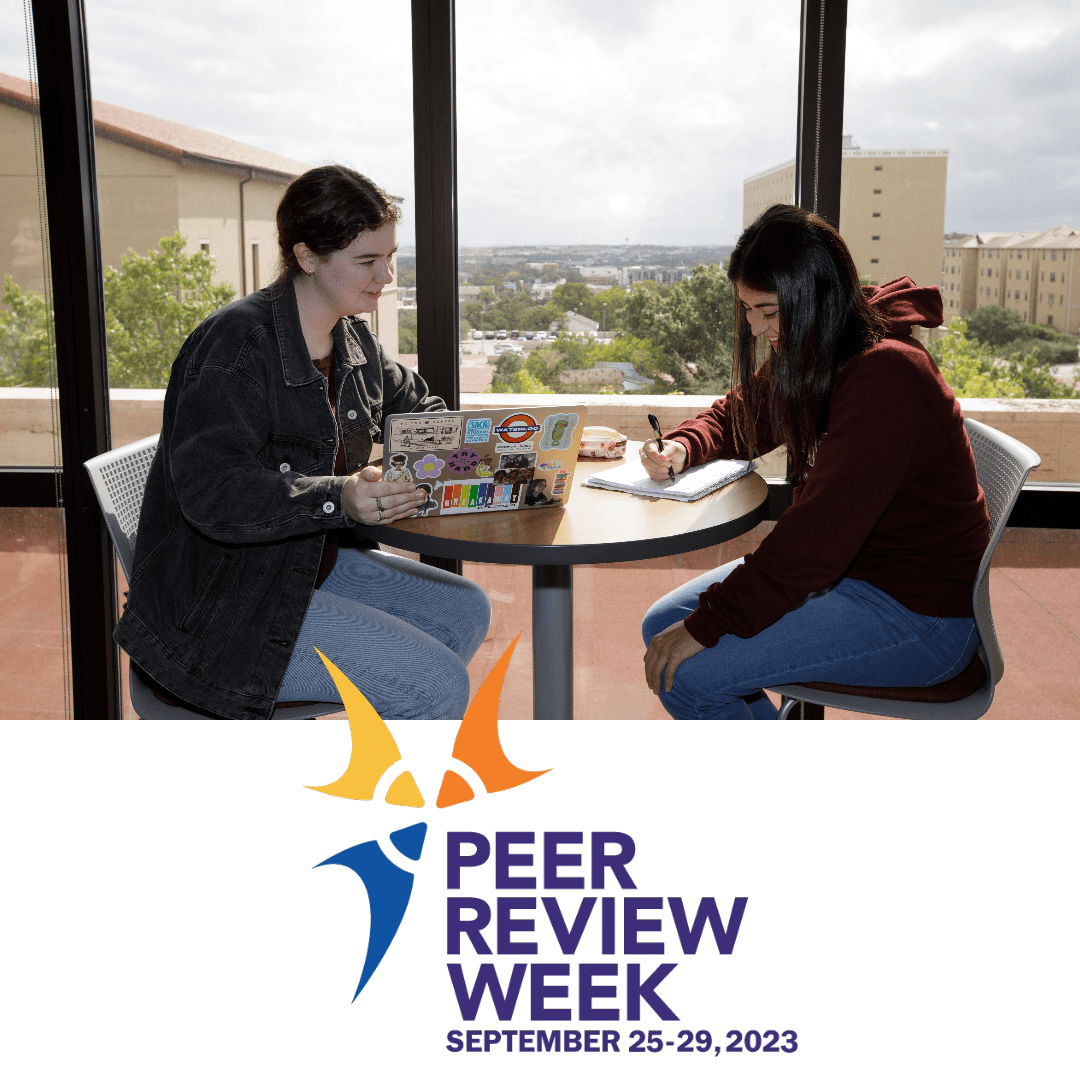Did you know that having students conduct formal peer reviews of each other’s work is actually a form of Open Pedagogy?
Open Pedagogy is:
- Active learning in which students demonstrate understanding through the act of creation.
- Technologies that are leveraged to fashion creative work for an external audience.
- The production of new informational or educational resources, which student creators are invited to share openly.
Having students peer-review each other’s work as a course assignment is pretty common. But envisioning and planning it as a type of Open Pedagogical practice that can increase student engagement and provide them with much-needed skills takes some planning.
Open Pedagogy is based on constructivist theory wherein new information and skills are built upon the learner’s previous knowledge, centering “students as the creators of information rather than simply consumers of it.”* In practice, this means student learning is community-based and then shared – using the opportunities afforded by technology – with an interested (authentic) audience, giving the learning meaning beyond meeting course requirements. Peer review is also based on constructivist theory, where learning new skills and content are iterative, and new knowledge is shared with an authentic audience (other students) who help co-create that knowledge.
But in order to work, peer review in a classroom context needs to be designed so that students see each other as an authentic audience, and so they learn the skills of giving and receiving feedback. According to the Washington University Center for Teaching and Learning, students need the most guidance with:
- Identifying and learning peer review skills, including giving and receiving feedback.
- Understanding peer review as part of the writing process, which can help students learn to write for a specific audience.
Check out this great resource they provided! It’s a step-by-step guide for integrating peer review into a course.
If you need help understanding open pedagogy or creating it, I’d love to help! Reach out to me via email @ squirrel@txstate.edu.
This article was contributed by Tricia Boucher, Open Pedagogy/STEM Librarian.
